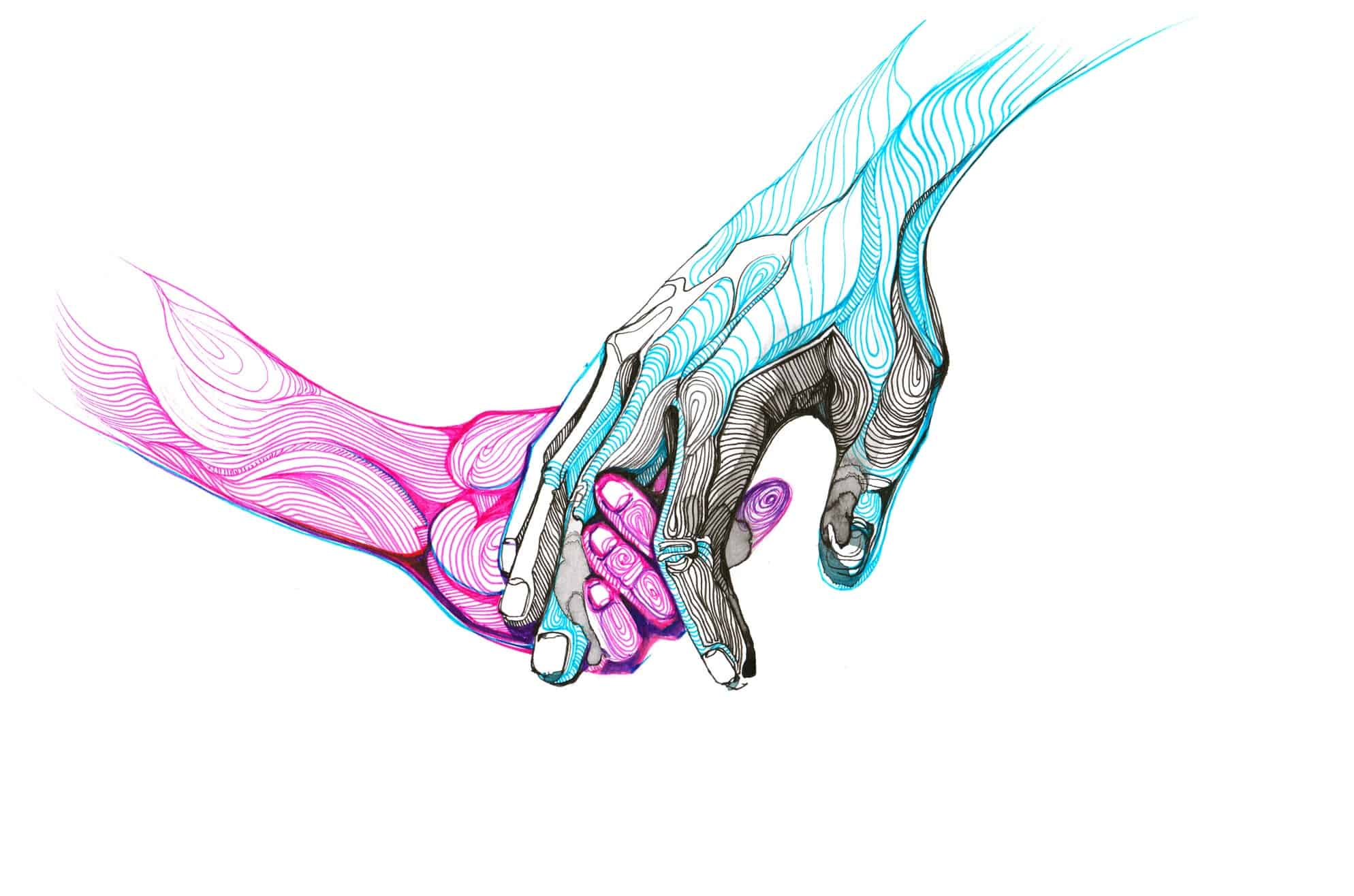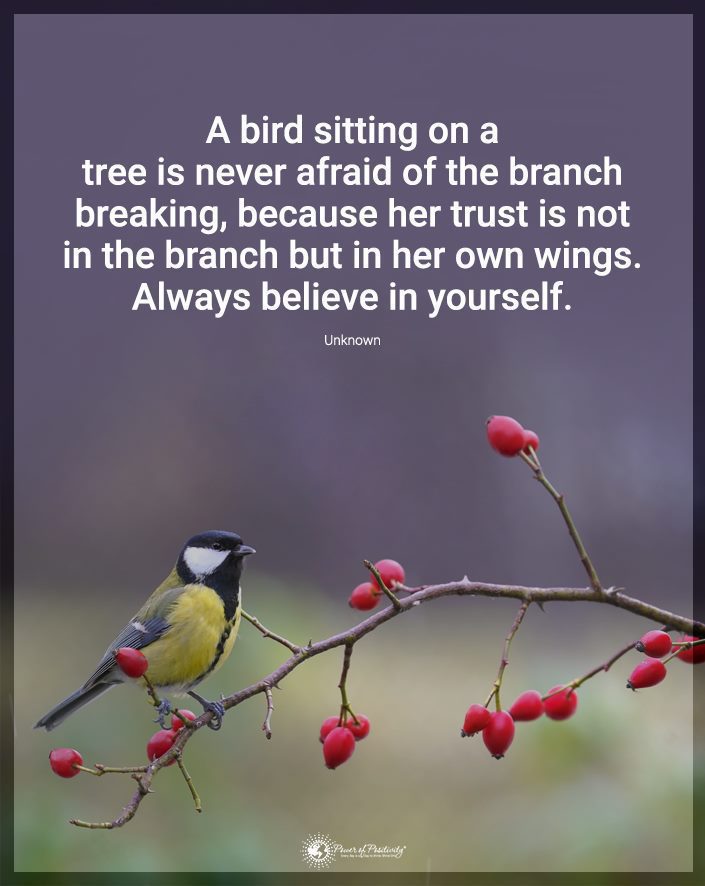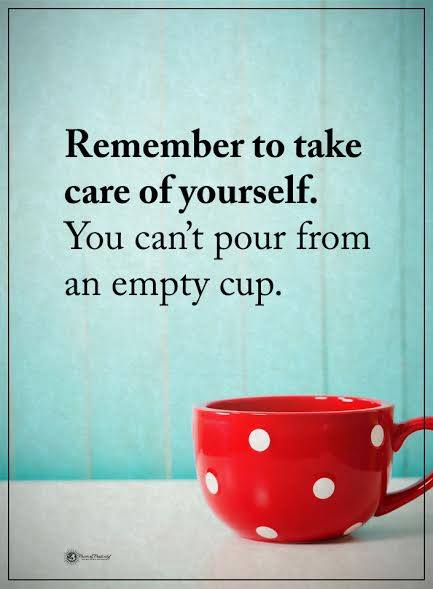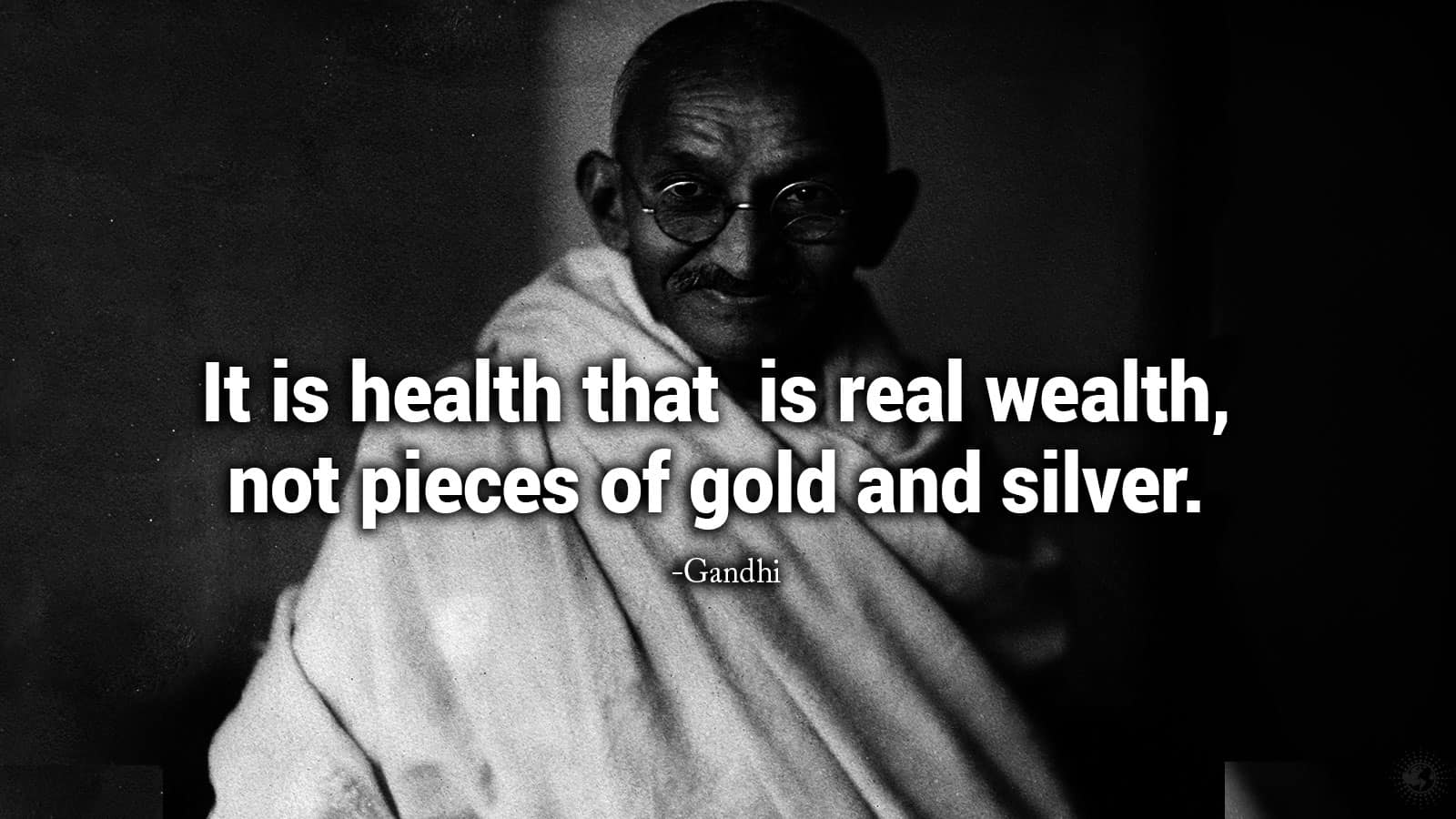There are many “potential” relationships out there, but when searching for a quality partner, you’ll most likely find that there are plenty of fish in the sea – and you may have to throw quite a few of them back before finding someone truly special. But when you DO find that someone, they’ll have certain qualities and characteristics that will make you think twice about taking a pass on them. They’ll truly treat you like a somebody and more.
10 Signs You’ve Found Someone Truly Special
More specifically, these signs will tell you that you’ve found someone truly special.
1. Someone truly special will go out of their way to prove themselves worthy of your trust.
Giving you their password and PIN number on the first date would be going too far, but your partner should be open about their finances, whether you ask or not. Someone who is looking out for your well-being does not hide problems about themselves that could impact you as their partner.
Honesty and trust should be expected of your partner’s communication. This is true of their financial situation, health, legal, work, spiritual, and other parts of their lives.
In an intimate partnership, trust is essential to a healthy sex life. Being able to trust your partner is a foundation to feeling intimacy.
2. You’ve found someone truly special if they are comfortable with their emotions.
Love is only one of many emotions that we hope your partner has got a handle on. If they are also comfortable with anger, sadness, and fear, you can be happy that you’ve found a quality partner.
Have you had a significant fight over more than just taking out the trash? If you both came away laughing and with a better understanding of how you each respond to heightened stress, you can relax. Read our guide 10 Signs You’ve Found a Keeper to learn more about what your partner reveals through their emotions.
3. You’ve found someone truly special if they respect your needs as much as their own.
It takes two to successfully make a partnership. Hopefully your partner knows just how to support your needs while making sure that theirs are met. This usually entails the skillful arts of compromise and negotiating.
4. You’ve found someone truly special if they take care of themselves.
Someone who knows how important it is to first love themselves is a quality partner. Caring for yourself through good nutrition, fitness, and balancing your mental and emotional states helps you to be a better person for others. If your partner knows that too, that is a sign you’ve found a quality partner.
In a study of narcissism (selfishness), self-esteem and love, self-esteem was linked to passionate love, whereas narcissism was linked to a style of game-playing love due to their selfish need for power and autonomy. If your partner loves themselves, just the right amount, you’re in luck.
5. You’ve found someone truly special if they know how to listen.
The ability to tune out everything else and focus just on you and what you need is key in a quality partner. It’s even better if your partner can explain things clearly, concisely and in a style that matches yours.
Communication is also important to trust. How much your partner tells you is based on their comfort level with both openness and their need for privacy. Would they tell you if they went out to lunch with their ex or not?
6. You’ve found someone truly special if they pay attention to your signals.
No one is a mind-reader, but you give off suggestive body language hints at what you like and don’t like. Your facial expression can reveal whether you like your partner’s outfit for the day or not before they even ask you. If they can read your signals, you’ve found a quality partner.
This is also important in bed. You know that if your partner is massaging something and it starts to hurt, you retreat slightly from their touch and maybe make a little noise of displeasure. If they can pick up on that and change their technique to one that makes you moan in a good way, you’re a lucky person indeed.
7. You’ve found someone truly special if they are supportive.
A study on supportive partners and the relationship to a woman’s negative body image found that receiving support from a romantic partner was directly related to lower reported levels of negative body image issues and anxiety associated with her physical appearance. The researchers also mention that counselors should work to help foster supportive communication in relationships in order to best help clients .
8. You’ve found someone truly special if they enjoy commitment.
Being tied down to one romantic partner isn’t for everyone, but if your partner is happy to be linked to you and no one else, you indeed have found a quality partner.
9. You’ve found someone truly special if they make you laugh.
Unfortunately, romantic love is not always a bed of roses; it is in the sense that there’s hidden thorns. There will be bad times. Someone will get sick, someone will lose a loved one, someone will lose a source of income, etc. If you’re in it for the long haul, you know to expect the bad with the good.
A partner who can take those down times, allow a time for grieving and consoling, and then find a way to bring a smile back to your face is a gem and you should consider yourself blessed with a quality partner.
10. You’ve found someone truly special if they get along fine without you.
No one wants a puppet for a partner. Your other half should have a life of their own; a passion, a dream, and a sense of excitement about the promise of their destiny that awaits them. If this is a shared dream for both of you, that’s even better.









